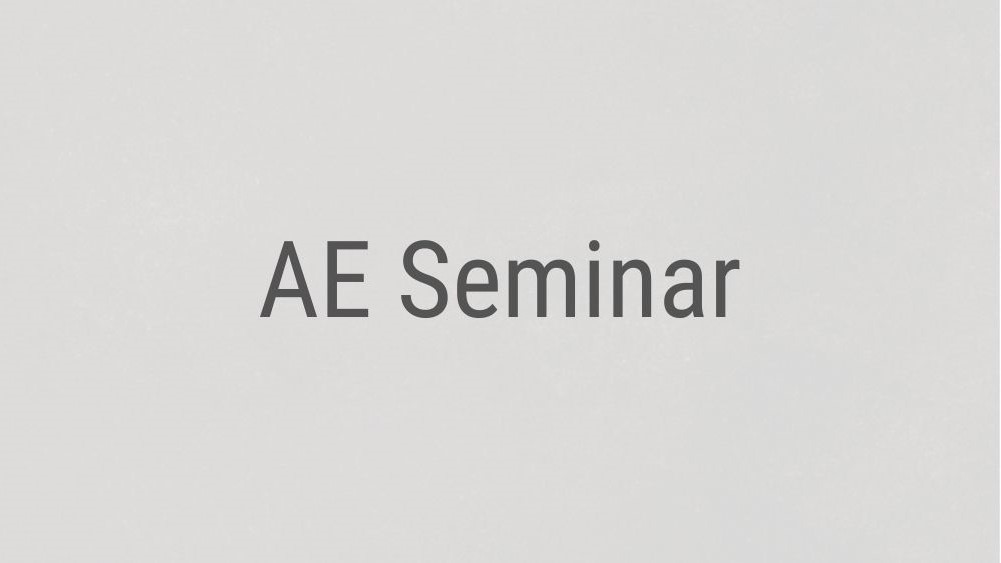
- This event has passed.
Innovations in Aerospace Systems – Current Research (including Artificial Intelligence) and Future Challenges
February 5, 2024 @ 2:00 PM - 3:00 PM

Aircraft and spacecraft are highly complex systems, comprising various subsystems such as flight control, propulsion, and power. These subsystems feature Multiple Input & Multiple Output (MIMO) configurations and exhibit highly nonlinear characteristics. Over recent years, there has been a growing demand for aerospace systems with improved performance, fault tolerance, and enhanced autonomous capabilities. This presentation explores how fault diagnosis, prognosis and artificial intelligence can address these requirements. It delves into model-based, data-driven (artificial intelligence), and hybrid approaches, which have been proposed for fault diagnosis and prognosis. Furthermore, the author has proposed novel methods to meet these evolving demands. These innovative techniques, including the Covariance-based adaptive unscented Kalman filter (CAUKF), Binary grid covariance adaptive Kalman filter (GAUKF), Reinforced Unscented Kalman Filter (an integration of UKF and Reinforcement Learning techniques), and Growing Neural Networks (GNN), hold promise for aerospace system enhancement. The presentation will feature case studies illustrating the application of these methods in spacecraft attitude and orbit control systems, as well as aircraft engines. By examining the latest advancements and methodologies, attendees will gain insights into the pivotal role these techniques play in enhancing aerospace system reliability and efficiency, ultimately addressing current research challenges and shaping the trajectory of future aerospace systems.
Speaker: Prof. Krishna Dev Kumar
Biography: Dr. Krishna D. Kumar is a Professor of Aerospace Engineering and Director of Artificial Intelligence for Aerospace Systems (AIAS) Laboratory at Toronto Metropolitan University, Canada. Additionally, he is the Founder and President of iSAC Systems Inc, a leader inArtificial Intelligence (AI), Internet-of-Things (IoT), and Smart Systems since 2010. Prof. Kumar has made outstanding contributions with major impact in the areas of spacecraft dynamics and control, fault diagnosis and prognosis, artificial intelligence, and predictive analytics with over 250 publications including 5 books, 14 intellectual properties, and four patents. His AI and IoT products have been deployed across diverse industries, including aerospace, transportation, and waste management. His illustrious career boasts several remarkable achievements, including the development of AI-powered predictive analytics for the NASA Kepler Spacecraft and Aircraft Engines, the world’s first 100-gram miniature satellite, and the world’s first miniature IoT monitoring systems for Bombardier Trains, and Safran Aircraft Landing gears. Prof. Kumar’s exemplary contributions to the field have been widely recognized with numerous national and international awards, including the prestigious Canada Research Chair Award, Ontario Early Researcher Award, Associate Fellow of American Aeronautics and Astronautics, Japan Society for the Promotion of Science Fellow, Japan Science and Technology Agency Fellow, Member of the International Academy of Astronautics in France, the Sarwan Sahota Ryerson Distinguished Scholar Award, and the Eminent Alumnus Award from Veer Surendra Sai University of Technology, Sambalpur, India. Furthermore, Prof. Kumar is the Co-Editor of Acta Astronautica and Transactions of the Japan Society for Aeronautical and Space Sciences.